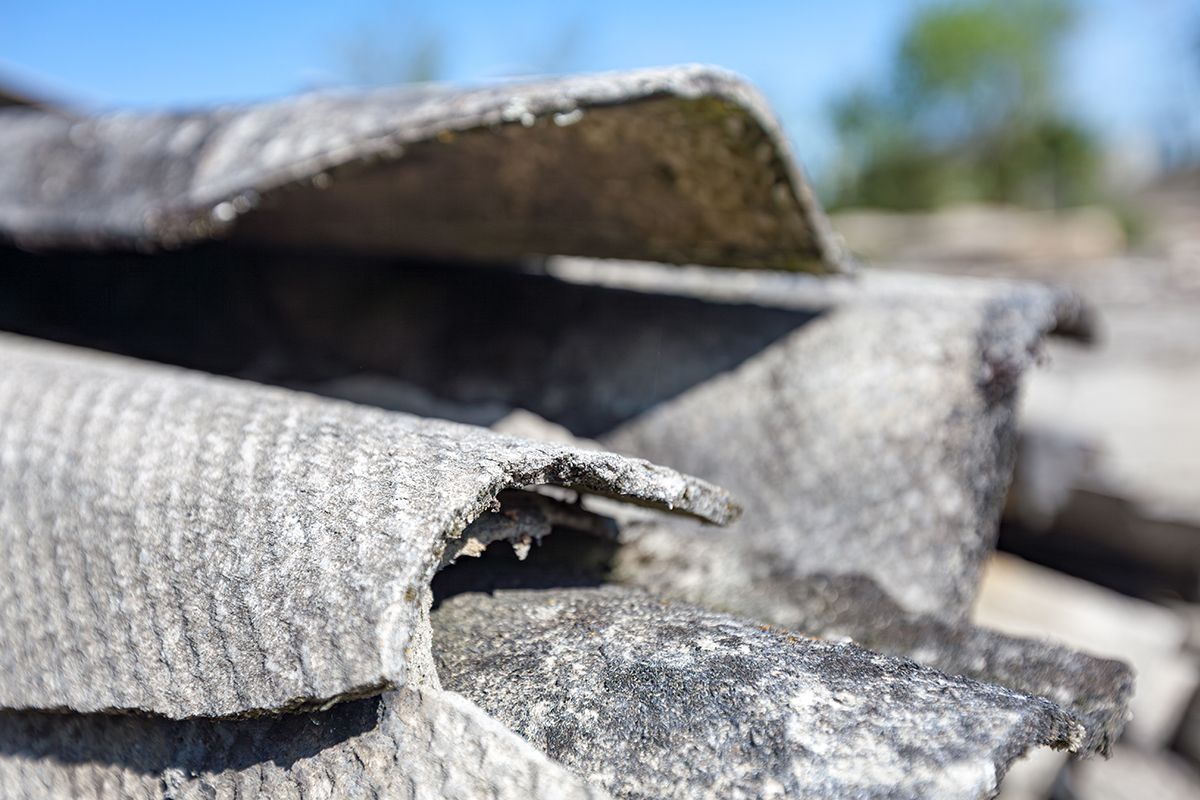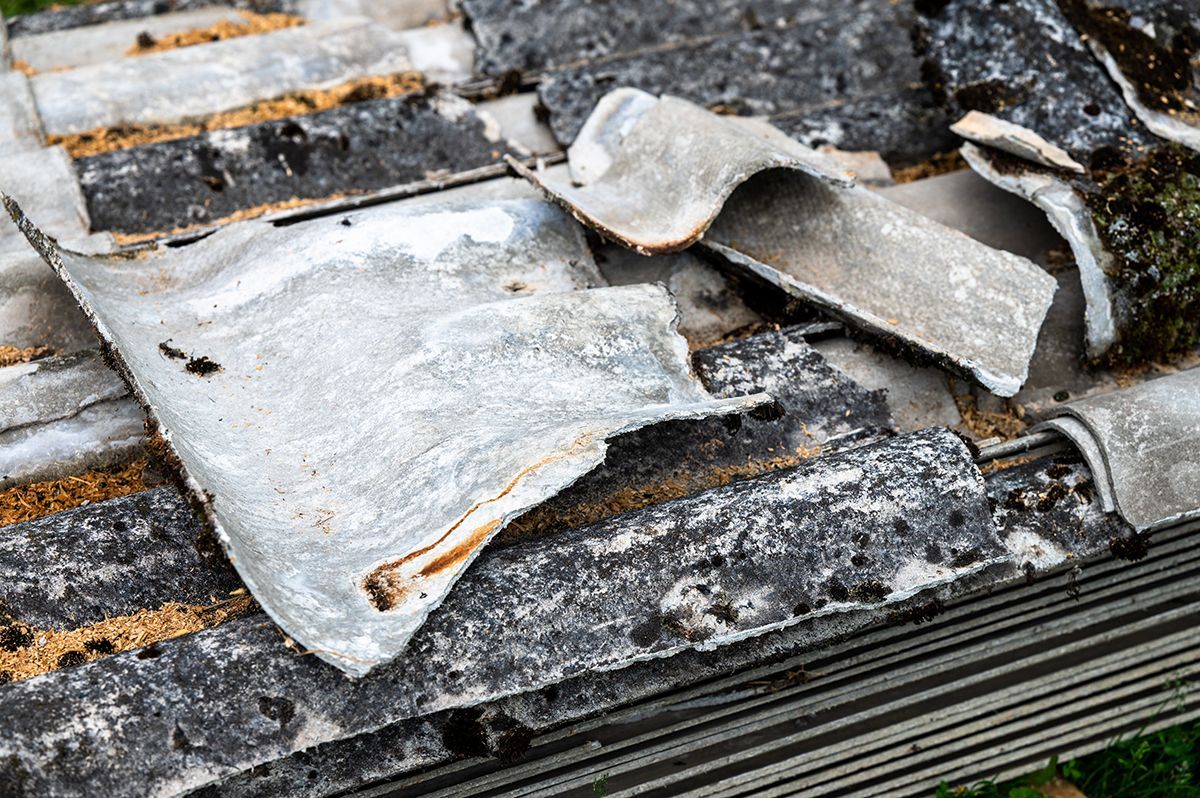What is Asbestos Awareness Training?

It is the responsibility of every employer to ensure that any employee who has the potential to come into contact with asbestos has access to the information, guidance and training required to work safely and with minimal risk to their health.
But what does this training entail and who exactly does it apply to? Cordtape Environmental wants to minimise the risks that asbestos poses, and so we have explained all below.
Who needs asbestos awareness training?
Asbestos Awareness (Category A) training is a legal requirement for anyone who works in an environment where asbestos is present, but are not required to remove it or work with it.
This is because, although they may not come into contact with asbestos directly, there is still a risk posed to their health.
This includes:
- Construction workers
- Demolition workers
- Plasterers
- Roofers
- Ventilation and heating engineers
- Plumbers
- Joiners
- Gas fitters
This list is non-exhaustive and can extend to any profession if a suitable risk assessment suggests that close contact with asbestos might occur.
If a job is due to be carried out where there is a certainty that asbestos containing materials (ACMs) will be disturbed, then a higher level of training might be required.

What are the categories of Asbestos Awareness Training?
There are three categories of Asbestos Awareness Training that covers different information regarding asbestos exposure. The category of training required depends on the risk posed and the nature of the profession.
Category A
Category A is the most basic form of Asbestos Awareness Training and is most appropriate for employees who may come into contact with asbestos during their workday. It covers the risks of asbestos exposure and explains how to avoid disturbing asbestos, and what to do if you come across ACMs.
This training is compliant with HSE safety standards and as such, will cover the following areas of asbestos control:
The nature, properties and appearance of asbestos
The types of asbestos in commercial and domestic buildings
The risks of asbestos to health including associated diseases
Control measures to contain ACMs
Emergency procedure if ACMs are disturbed
Category B
Category B Asbestos Training, or Non-Licenced Asbestos Training is a more comprehensive training programme designed for employees that carry out direct work with asbestos.
This still covers the aforementioned professions, but is more specific to those who actively work alongside asbestos. For example, a plumber who removes piping with ACMs.
This training covers the following areas of asbestos control:
- Safety and control measures
- PPE
- Asbestos risk assessments
- Emergency procedures
- Waste management of ACMS
- How to report notifiable non-licenced work
Category C
Category C Asbestos Awareness Training covers all high risk asbestos work and is the most comprehensive training available. It is only applicable for workers who carry out licenced asbestos tasks that must be carried out by a licensed professional.
How often is asbestos awareness training required?
There is no legal guidance on how often formal asbestos training should be repeated, however it is recommended that refresher training is given every 12 months.
According to HSE guidelines, refresher courses could be given as an e-learning course alongside other annual safety courses, or a manager or supervisor who is competent and attended an appropriate training course could deliver a safety talk.
This is at the discretion of the company, and the training needs of each individual based on various factors including:
- Changes in job role
- Changes in working environment
- Changes to methods of work
- Identified gaps in competency
One of the benefits of Asbestos Awareness Training is that it equips workers
with the knowledge they require to conduct a risk assessment and identify whether the asbestos on site poses a significant risk and requires removal in the most appropriate manner before contacting asbestos professionals for assessment and removal.
At
Cordtape, we can assist you in locating and identifying Asbestos Containing Materials with our
Asbestos Survey and Sampling service. If we do locate the presence of asbestos, our
Asbestos Removal team will extract it from your premises in accordance with Control of Asbestos Regulations 2012. Our team is fully qualified to manage all aspects of asbestos assessment, removal, refurbishment and waste management.
Share on social media




